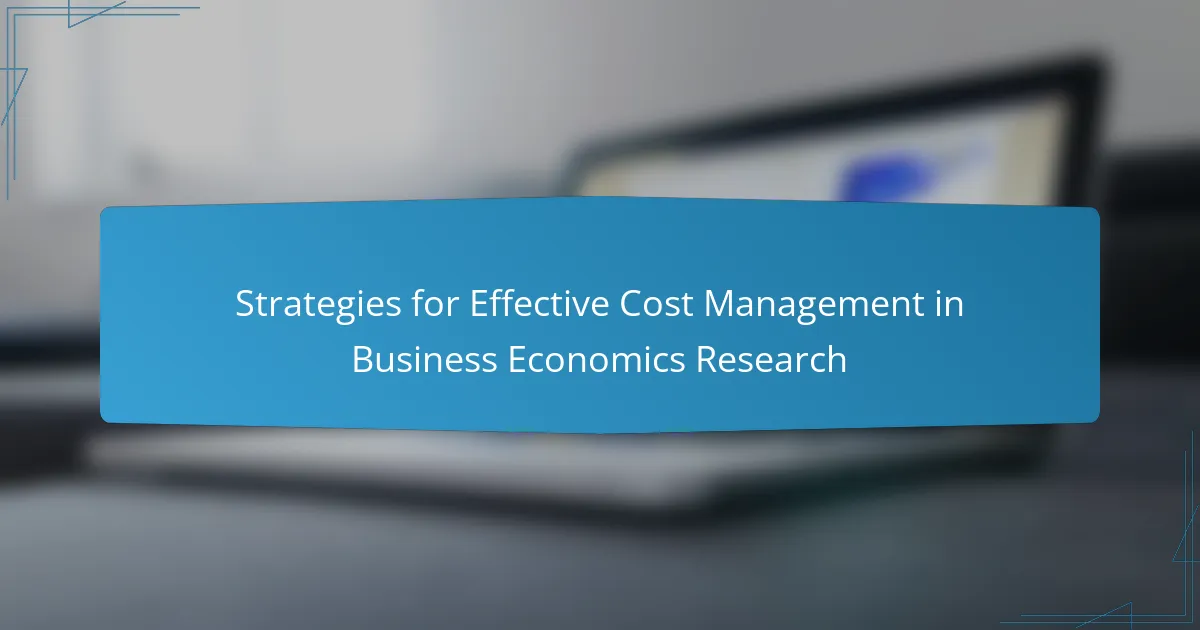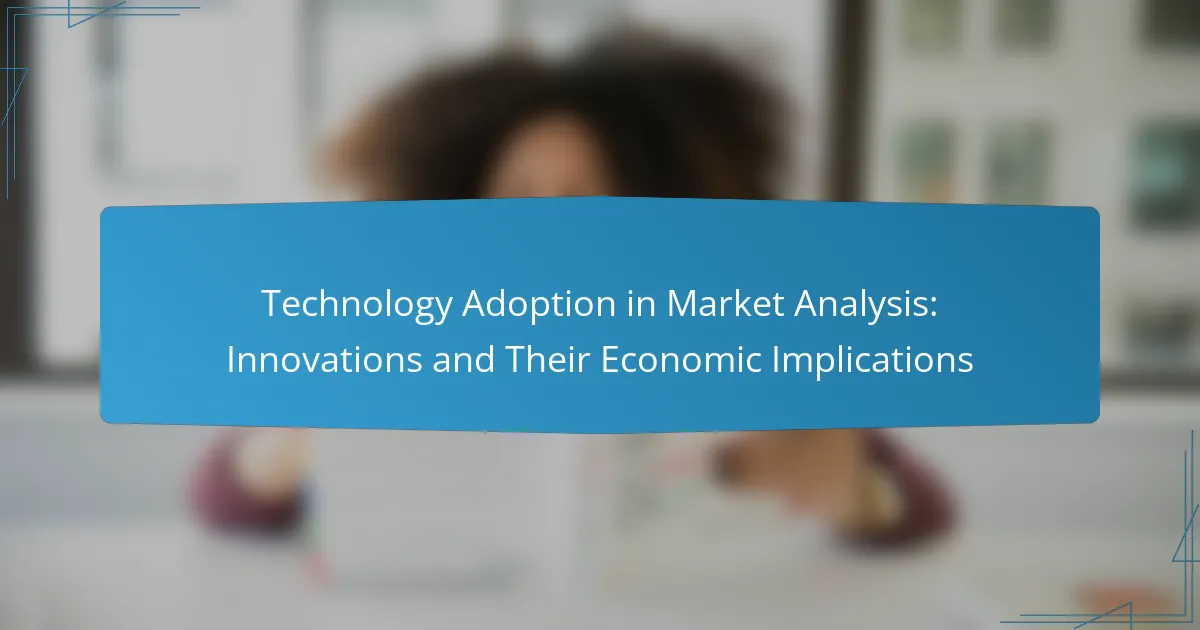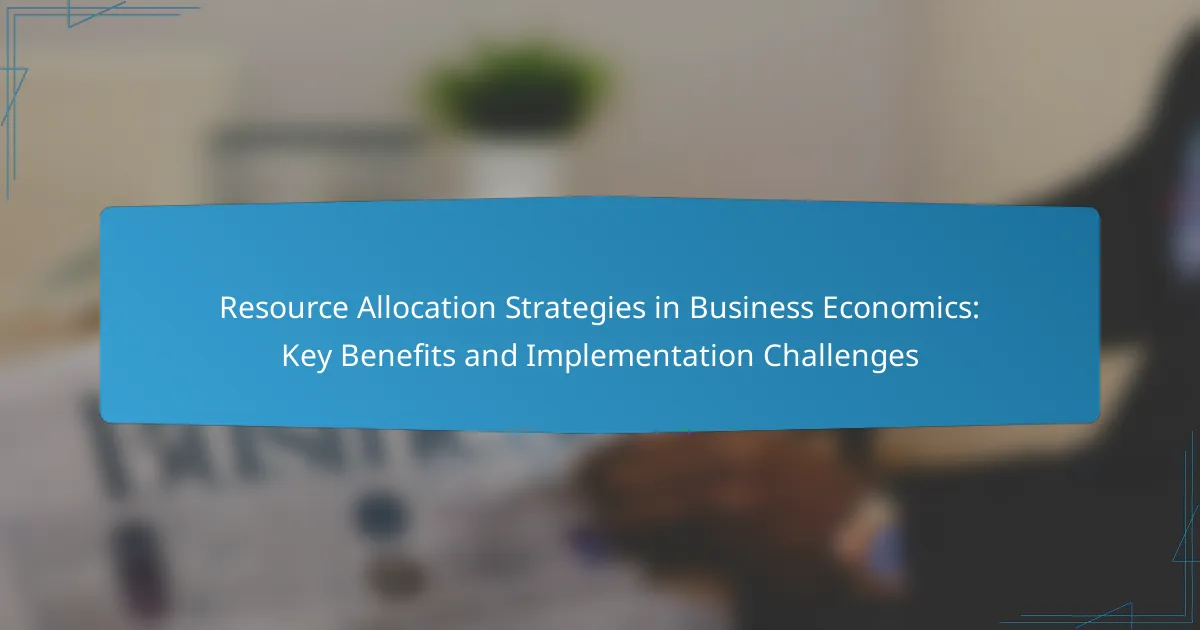Sustainable business models are frameworks that integrate environmental, social, and economic factors into business operations to create long-term value while minimizing negative impacts. These models emphasize resource efficiency, waste reduction, and ethical sourcing, leading to enhanced brand reputation and customer loyalty. Research shows that companies adopting sustainable practices can achieve cost savings and improved profitability, […]

Competitive Landscape Evaluation: Market Share Dynamics and Strategic Positioning
Competitive Landscape Evaluation is the systematic analysis of the competitive environment within a specific market, focusing on key competitors, their strengths and weaknesses, market shares, and strategies. This evaluation aids businesses in understanding their relative position and identifying market opportunities and threats, often employing tools like SWOT analysis. Companies strategically position themselves by analyzing market […]

Austrian Economics: Core Tenets, Methodological Approach, and Economic Freedom
Austrian Economics is a school of thought that emphasizes individualism, subjective value, and the role of individual actions in economic analysis. It critiques government intervention, arguing that such actions distort market signals and hinder economic efficiency. The methodology relies on qualitative analysis and deductive reasoning, prioritizing time and uncertainty in decision-making. Key figures, including Ludwig […]

Strategies for Effective Cost Management in Business Economics Research
Effective cost management is essential in business economics research, involving strategies such as budget planning, cost analysis, and resource allocation. Budget planning establishes financial limits for research projects, aiding in expenditure tracking and preventing overspending. Cost analysis identifies potential savings by examining all expenses, while resource allocation ensures funds are directed to the most impactful […]

Technology Adoption in Market Analysis: Innovations and Their Economic Implications
Technology adoption in market analysis refers to how consumers and businesses accept and utilize new technologies, significantly influencing market dynamics and consumer behavior. Key factors in this process include perceived benefits, ease of use, and compatibility with existing systems, with frameworks like the Technology Adoption Life Cycle categorizing adopters into groups such as innovators and […]

Investigating the Role of Economic Factors in Consumer Spending: Trends, Influences, and Behavioral Changes
The article investigates the role of economic factors in consumer spending, focusing on key influences such as income levels, employment rates, inflation, and interest rates. It highlights how these factors shape consumer behavior, including trends towards online shopping, prioritization of experiences over goods, and increased demand for sustainable products. The article also examines significant behavioral […]

Resource Allocation Strategies in Business Economics: Key Benefits and Implementation Challenges
Resource allocation strategies in business economics involve methods for distributing limited resources within an organization to achieve optimal outcomes. These strategies focus on maximizing efficiency and profitability through prioritization of projects, cost-benefit analysis, and strategic budget allocation. The article examines the benefits of effective resource allocation, highlighting its impact on operational efficiency and revenue growth, […]

Neoclassical Economics: Basic Principles, Assumptions, and Critiques
Neoclassical economics is a framework that focuses on the principles of supply and demand, rational choice, and marginal utility to explain market behavior. Key assumptions include the rationality of individuals and firms, the existence of perfect competition, and the availability of perfect information. This economic theory emphasizes efficiency and self-regulation in markets while highlighting the […]

The Influence of Cultural Factors on Consumer Behavior: Trends, Values, and Market Adaptation
Cultural factors encompass the shared values, beliefs, norms, and practices that influence consumer behavior and shape perceptions of products and services. Key cultural dimensions, such as individualism versus collectivism, uncertainty avoidance, and power distance, significantly impact purchasing decisions across different societies. Businesses must adapt their marketing strategies to align with these cultural values, as understanding […]

Environmental Economics: Principles, Sustainability Considerations, and Policy Recommendations
Environmental economics is a discipline that explores the relationship between economic activities and environmental policies, analyzing their mutual impacts. This field addresses critical issues such as pollution, resource depletion, and climate change, emphasizing the need for sustainable practices that balance economic growth with environmental protection. Key policy recommendations include implementing carbon pricing mechanisms, promoting renewable […]
